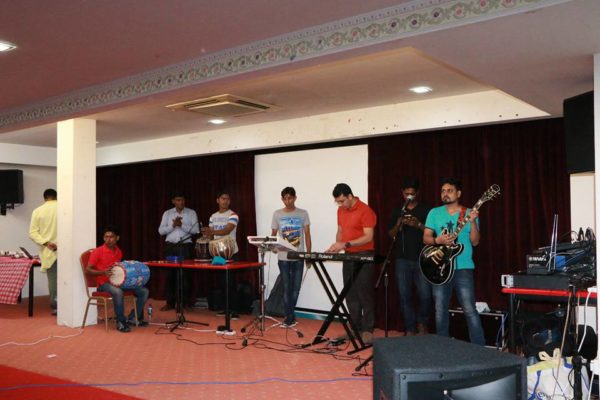As part of our #HumanismAtHome initiative, we held a Skype group chat (‘Skype Party’) on 25 April (Sat) to discuss the Covid-19 outbreak in foreign workers dormitories in Singapore, as well as their living conditions.
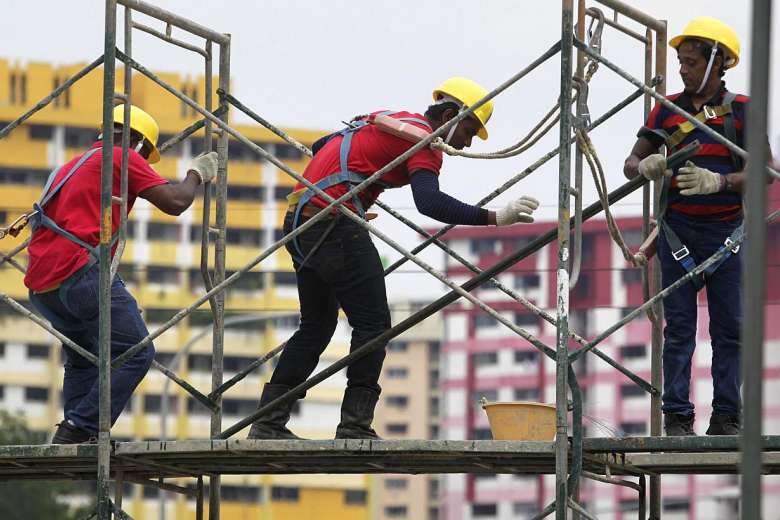
Background
Singapore is currently experiencing a severe outbreak of Covid-19 in many foreign worker dormitories. Although the city-state handled the first two waves of Covid-19 cases quite well, the emergence of several huge clusters within dorms brought the total number of cases from a relatively low figure to more than 10,000 within a short period of time.
The foreign workforce in Singapore is about 1.4 million strong. About 323,000 of them are low-wage migrant workers in the country taking on jobs shunned by Singaporeans in industries such as construction, estate maintenance and manufacturing. They live in dormitories around the island, far away from the main residential areas of Singapore.
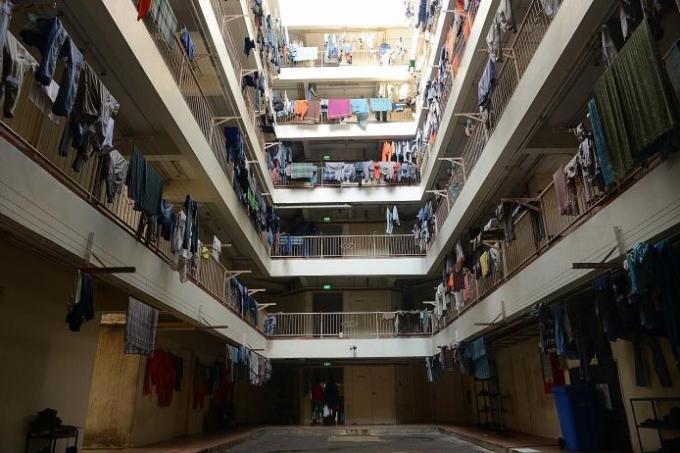
When the Covid-19 outbreak began in dormitories, NGOs and journalists also uncovered poor living conditions in some dormitories. Videos and photographs began emerging on the internet showing cramped living conditions, poor sanitation and poor food. These revelations prompted much soul-searching among many Singaporeans. People began asking themselves: What could we have done better, and earlier?
The Skype Discussion
Our Skype discussion on 25 April lasted from 2pm to 330pm. We started with a brief round of self-introductions, followed by quick discussions where each participant was given a couple of minutes to make some important points. Participants who wanted an opportunity to speak typed ‘R’ on the comments section, (‘Raising of hand’).
In this write-up, names were withheld to protect privacy and also to ensure adherence to Chatham House rules. The following paragraphs summarise the questions/points were raised by various participants. These points do not represent the official view of the Humanist Society.
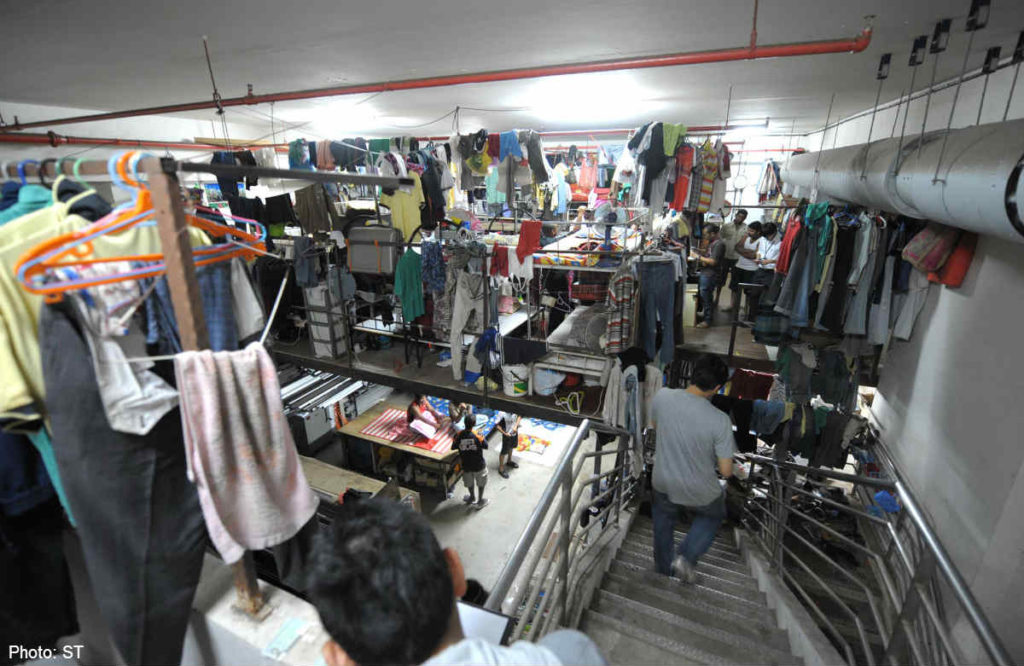
1) Is the Covid-19 outbreak in the dorms inevitable?
- Conditions in some foreign workers’ dorms are very cramped. In some dorms, rooms housed 15-20 people each, with as many as 200 workers per level sharing one shower. Under such conditions, how can these workers maintain hygiene easily?
- Mustafa Centre should be closed earlier. Thousands of migrant workers visit Mustafa every weekend. Once a cluster has emerged in Mustafa, many foreign worker dorms will be infected.
2) It is impossible to test all foreign workers instantaneously.
- There are over 300,000 migrant workers and even with a testing rate of 3,000 workers per day, it will take up to 100 days to test everybody.
- And even if you succeed in testing everybody, you will not detect all possible cases. What is tested today might become invalid tomorrow. A tested worker might catch Covid-19 from another worker working/living in close vicinity.
- Thus, detecting new clusters is a big challenge for the government. In addition, Singapore is very urbanised and the population density is high. The only practical way to stop the rising number of infections right now is to isolate all workers in dorms.
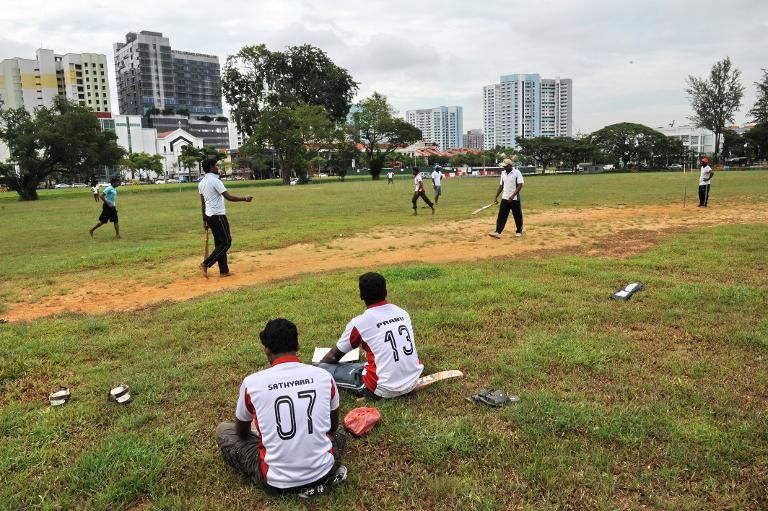
3) Was it a blind spot on the part of Singaporeans (govt / private sector / citizens)?
- Some activists have been warning of poor living conditions in dorms for several years.
- Many Singaporeans are apathetic to the situation, or are uncomfortable interacting with foreign workers, or have strong xenophobic sentiments. As a result, there is a lack of communication between the migrant worker population and the rest of Singapore at large.
- There are also cultural gaps between dorm operators and the foreign worker populations. Sometimes the dorm operators set up facilities that the foreign workers do not use. Eg. Basketball courts in dorms are seldom used, as foreign workers prefer cricket in open fields.
- Attempts by some foreign workers to voice out poor living conditions have been met with dismissive responses by their immediate higher ups. Foreign workers find it difficult to voice their feedback to the rest of the Singapore society.
4) Things have been improving for the past few years, but not all dorms are the same
- Conditions at foreign worker dorms have actually improved over the years, especially since there was increased public scrutiny of the dorm conditions in the aftermath of the 2013 Little India Riot.
- Unfortunately, the improvements are uneven. Not all dorms are the same. Some higher-end dorms even provide access cards for workers to tap into their dorms, while some poorer-managed dorms lack proper beds and have clogged toilets.
- Moving forward, if possible, Singapore needs to enforce a centralised standard across all the dorms. There needs to be more frequent inspection of dorms, to check for cleanliness and safety.
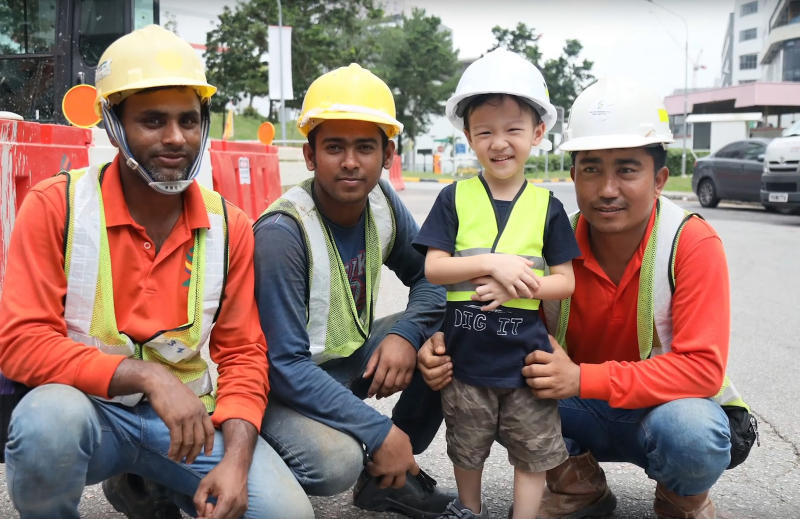
5) Mindsets about foreign workers need to be changed
- Just because they are foreign workers, doesn’t mean they must be forced to appear like foreign workers all the time. Beneath the yellow helmet and construction uniform, they are human beings just like you and me.
- Foreign workers are not looking for conditions as good as HDB or condominiums. But there must be dignity.
- Even if more space cannot be provided, there should be more segmentation within each room to provide each worker with their own living space. Facilities (such as toilets and showers) should be less communal in order to slow down future outbreaks.
The Skype discussion concluded with everyone hoping that good lessons will be learnt from this Covid-19 outbreak and the living conditions of foreign workers will improve over time. After all, they’ve built our homes, schools and roads. They’ve trimmed our trees, fixed our lights, and cleared our trash. Without our foreign workers, there will be no Singapore of today.
Enjoyed this piece? Check out this article about the Migrant Cultural Show. HSS representatives were invited to the cultural show back in 2018.
